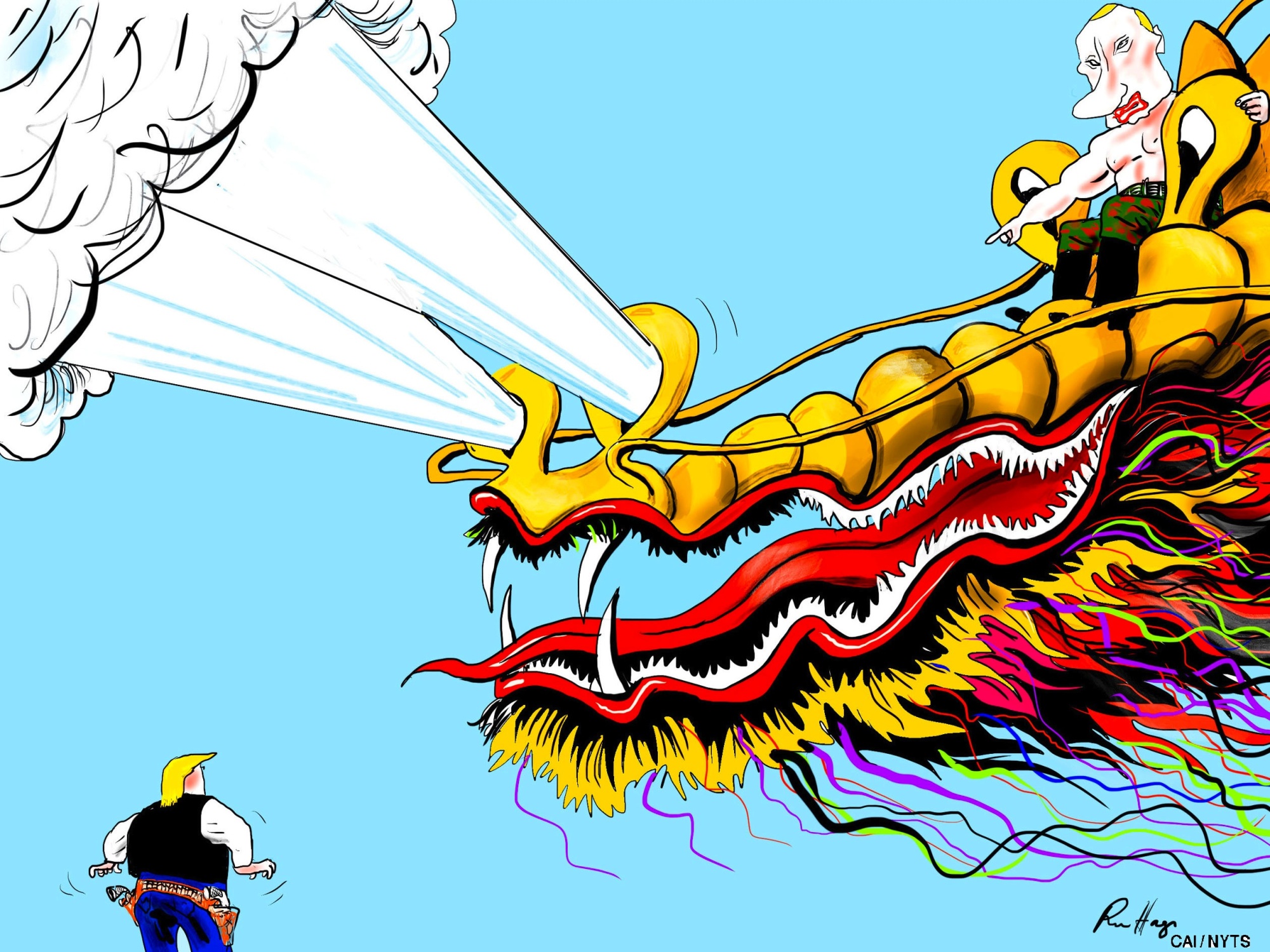In recent years, we have seen the renewal of a phenomenon that seemed to have passed into history with the end of the Cold War: fierce and potentially violent competition between the most powerful countries on the globe. Yet as dangerous as that competition is in its own right, it is also worsening prospects for solving many of the world's other problems, from migration to economic crises to climate change.
Relations between the great powers — the United States and its allies on the one hand, and revisionist authoritarian regimes such as China and Russia on the other — represent the new, volatile center of gravity in world politics. When there is instability at the center, it spreads outward and affects everything it touches.
Until relatively recently, many observers believed just the opposite: that all good things would go together in global affairs. One of the most widespread and optimistic notions of the 1990s and 2000s was the idea that the decline of traditional state-versus-state geopolitical conflict was making it easier to deal with the array of international and transnational challenges that threatened all of us. With American dominance unquestioned, and the major powers mostly getting along, the international community could focus greater attention on terrorism, climate change, pandemics, nuclear proliferation and other shared dangers. That cooperation, in turn, could reinforce the good feelings between the major powers.



